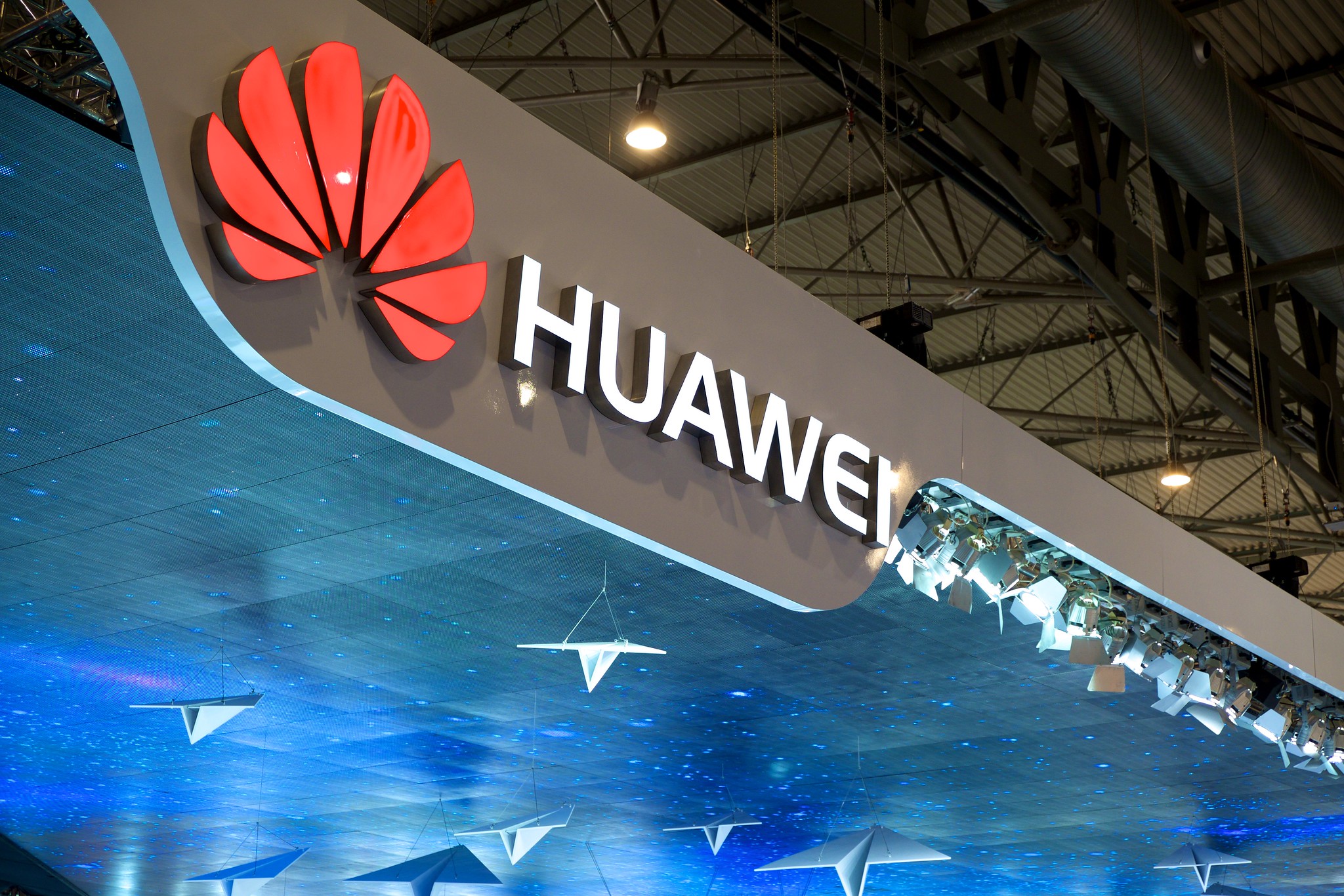 POLICY
POLICY
 POLICY
POLICY
 POLICY
POLICY
The U.S. government is reportedly planning to impose new restrictions on China’s Huawei Technologies Co. Ltd. aimed at cutting it off from its main suppliers of advanced semiconductors.
Top officials from the Trump administration reportedly met Wednesday to discuss a new rule that would require an export license for semiconductors that are produced using U.S.-designed chip making tools and software. The rule would block the sale of chips made by companies such as Taiwan Semiconductor Manufacturing Co. to Huawei’s HiSilicon subsidiary, people familiar with the matter told Reuters.
It would likely take several weeks for the new “chip-tool plan” to be implemented, however, and the White House is likely to face intense opposition from U.S. chipmakers concerned about losing more business. The semiconductor industry has already campaigned against previous rules targeting Huawei, arguing that computer chips shouldn’t be considered a national security risk and that they undermine their ability to compete with foreign firms.
Reuters reported that three U.S. semiconductor equipment makers — Applied Materials Inc., Lam Research Corp. and KLA Corp. — account for about 40% of the global market in terms of revenue. It adds that much of the equipment used in the world’s chip assembly lines incorporate American-made technology, and that most software used in chip design is U.S.-made.
The rules would tighten the country’s U.S. export-control system that has already placed some major restrictions on Huawei. In May, Commerce Department officials put Huawei on an export blacklist in order to cut it off from some U.S. semiconductor makers, including Micron Technology Inc., Qualcomm Inc. and Intel Corp.
Constellation Research Inc. analyst Holger Mueller told SiliconANGLE the latest push against Huawei shows how the Chinese firm has found itself as a “pawn” in the much wider trade war between China and the U.S.
“Now, Huawei will see the full power of the U.S. sanctions targeting its own suppliers’ supply chain tools,” he said. “It might not be effective in the short term, but certainly it will in the long term. Let’s hope it all happens for the right reasons and an end to the trade war comes sooner rather than later.”
There is a chance that President Trump could block the new plan. Just last month, he criticized efforts to halt the export of restricted technologies, including jet engines and semiconductors, to China, saying he doesn’t want to make it impossible for other countries to do business with the U.S.
“I want our companies to be allowed to do business,” Trump said last month. “I mean, things are put on my desk that have nothing to do with national security, including with chipmakers and various others. So we’re going to give it up, and what will happen? They’ll make those chips in a different country or they’ll make them in China or someplace else.”
THANK YOU